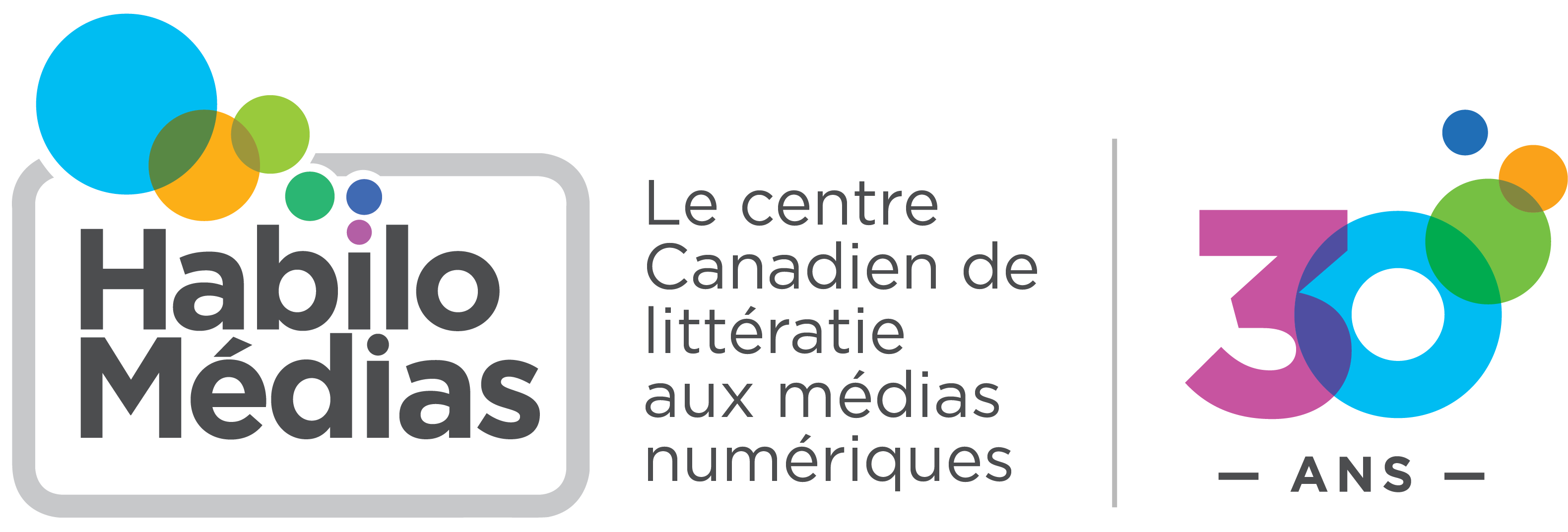 Reposted from original article: https://wise.telus.com/en/2017/11/06/diversity-and-inclusion-online-media-literacy-week-2017
Reposted from original article: https://wise.telus.com/en/2017/11/06/diversity-and-inclusion-online-media-literacy-week-2017
Cyberbullying tweets from the President of the United States. Sexism in Silicon Valley. Fake news from social media feeds fuelling online hate.
It’s been a rough year so far on the digital media landscape.
That’s why this year’s Media Literacy Week, to be held Nov. 6 to 10 with TELUS and Facebook as the Platinum Sponsors, will focus on diversity and inclusion online.
An annual event co-hosted by MediaSmarts and the Canadian Teachers’ Federation, Media Literacy Week engages educators and community organizations from across the country to highlight the importance of digital and media literacy skills for children and teens.
The theme for 2017 – “Inclusion in a Connected World: A Place and a Voice for Everyone” – will promote ways in which diverse voices, perspectives and talents can participate in and enrich our media and digital spaces. The week will highlight how young people can create welcoming digital environments and engage in respectful dialogue online.
Today’s young people are often described as digital citizens. While that term is typically used to draw attention to their online responsibilities, it’s important to remember that citizenship means having rights as well.
The fact that digital media are participatory and interactive – as well as the way that advances in technology have made it easier than ever to create media of all types and share it with potential audiences – means that there is no longer any excuse for not making sure that everyone is included in the digital and media landscape.
Inclusion is a theme that has implications for every aspect of digital and media literacy, on both sides of the screen.
Critiquing the under-representation of marginalized groups has been a key part of media literacy since its beginnings, and while mass media are no longer as homogeneous as they once were, stereotyping and under-representation remain a problem. Seeing yourself reflected in a narrow or negative way in media – or not seeing yourself at all – can have a serious impact on your self-image and the possibilities you see for yourself, while being exposed to those same portrayals of other groups can have a powerful effect on how you view and react to them.
While the picture on screen is slowly changing, the people who own and create media such as movies, TV shows, video games and online platforms are still overwhelmingly white and male. Though networked technology and social media are improving marginalized groups’ ability to produce and distribute media they create, critical media literacy is needed to recognize and question the attitudes and assumptions we’ve acquired through our media consumption that we may not even know we have.
As well, the ability of marginalized youth to tell their own stories depends on having and keeping access to those digital platforms, often in the face of outdated equipment, limited bandwidth, a lack of training and encouragement, and hostility. We need to make sure that all young people have a place and a voice in the digital world by helping them understand they have a right to live free of harassment, online and offline, and a responsibility to work towards online communities that respect those rights.
Here are some ways that parents and teachers can help promote online inclusion as part of Media Literacy Week:
- Get to know the key concepts of media literacy
Learn the basics with Media Literacy 101 from MediaSmarts. Check out videos on each of the main concepts of media literacy.
- Play media literacy games
MediaSmarts has 12 different online games designed for children of various ages that are both fun and full of useful information.
- Try a classroom activity
Choose from a selection of lesson plans that are great for learning more about diversity and inclusion:
- Introduction to Cyberbullying: Avatars and Identity (grades 5 to 6)
- Behaving Ethically Online: Ethics and Values (grades 7 to 8)
- Cyberbullying and Civic Participation (grades 7 to 8)
- Impact! How to Make a Difference When You Witness Bullying Online (grades 7 to 9)
- Hate 2.0 (grades 8 to 10)
- Challenging Hate Online (grades 8 to 10)
- Digital Storytelling for Community Engagement (grades 9 to 12)
- Diversity and Media Ownership (grades 9 to 12)
- First Person (grades 9 to 12)
- Making Your Voice Heard: A Media Toolkit for Youth (grades 9 to 12)
- Remixing Media (grades 10 to 12)
- Online Culture and Values (grades 11 to 12)
- Organize a community event
From online chats to hands-on workshops, no idea is too big or too small for Media Literacy Week. Download a collaborator package and start organizing an event in your community.
MediaSmarts and the Canadian Teachers’ Federation thank TELUS and Facebook for being Platinum Sponsors and Bell, YouTube and Twitter for being Gold Sponsors of Media Literacy Week 2017. Special thanks also go to the many teacher organizations who have contributed generously. For more information, visit medialiteracyweek.ca.
